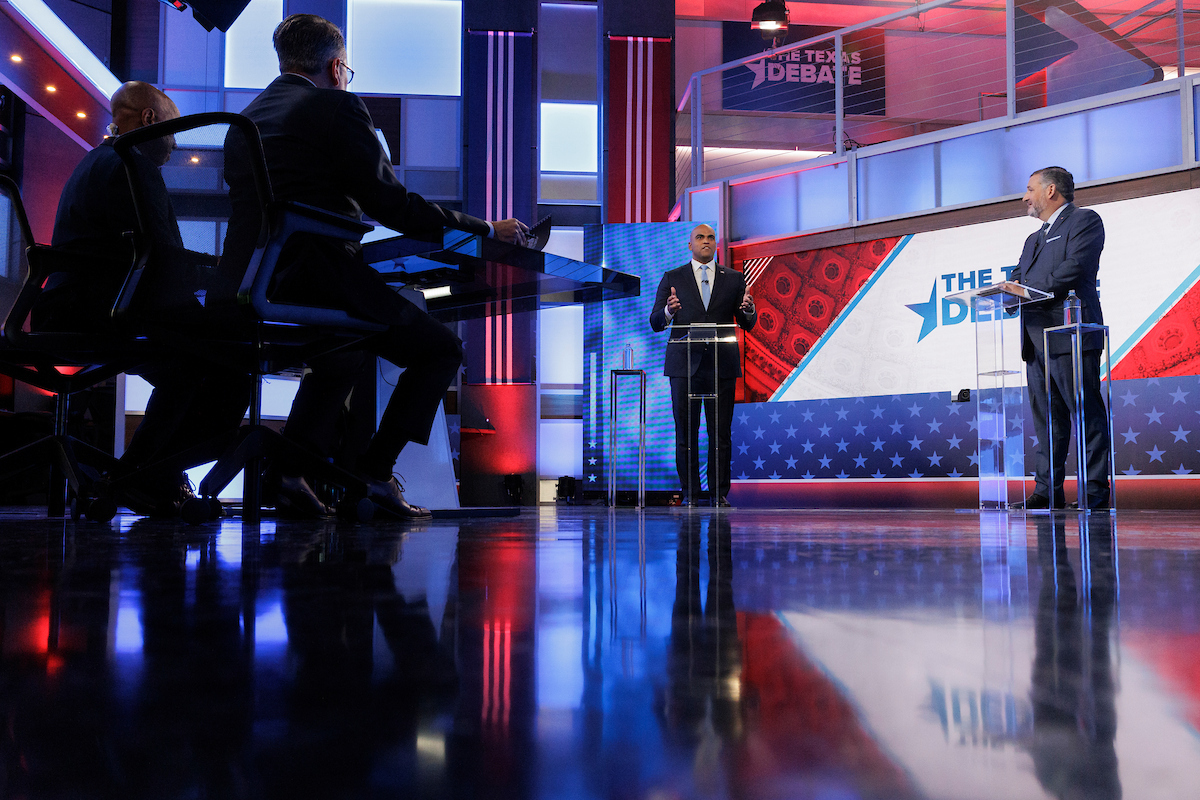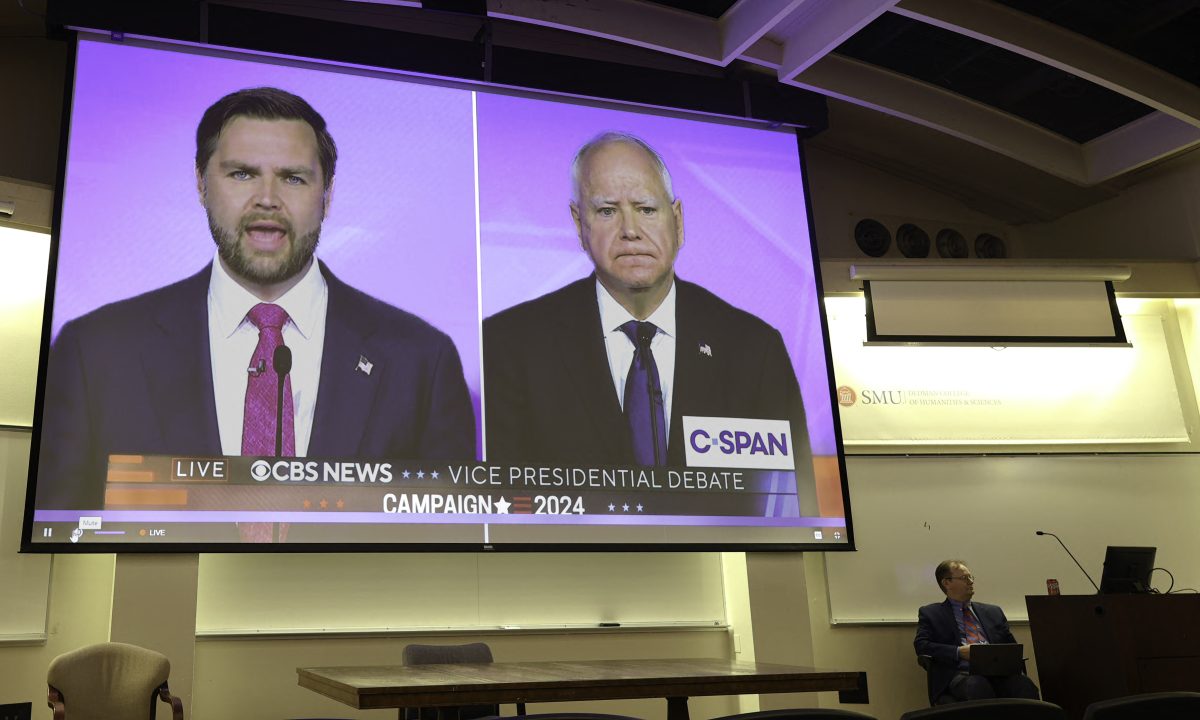Today’s students live in a world full of complex and dangerous problems that transcend geographical location or national origin. Whether it’s the AIDS pandemic ravaging Africa, the crisis in Darfur, global warming or the myriad human tragedies playing out every day in Dallas, students are given numerous opportunities to lift their voices in protest for the downtrodden and marginalized of our world. Therefore, imagine my surprise when I realized that some of our brightest students have chosen to raise their voices over where to hold their graduation from SMU. Not IF there would be a graduation but WHERE.
Frankly, this is a protest of privilege. The privilege this type of protest implies is only afforded by a select population that feels entitled to celebrate an accomplishment that less than 25 percent of Americans will ever be able to experience-the ability to afford an education at a post-secondary institution. This privilege also implies that a party must be thrown to celebrate individual accomplishment at the expense of using money that might be better spent in the service of others in terms of scholarships, experiences or the community at large. No one denies the special celebration that graduation day entails. The question remains, is one’s accomplishment of such a rare feat diminished by the location of the ceremony? I think not. Trust me, if given the choice, the hundreds of thousands of individuals who are forced or have been forced each year in America to defer their dreams of higher education, would attend their graduation ceremonies even if they were held in a parking lot.
Thirty-three students at Virginia Tech will never get to graduate. Seven U.S. service men killed in Iraq will never see the inside of a US classroom. Thousands of U.S. citizens, black, white, Hispanic and Asian will die because they had no health care. Yet, not one poster was printed in their honor; no students lifted their voices for a world that will ignore their loss. No, this week’s debate was about cooling tents and traditions…what a sad statement on our protest priorities.
Maria A. Dixon, PhD
Assistant Professor for CCPA








